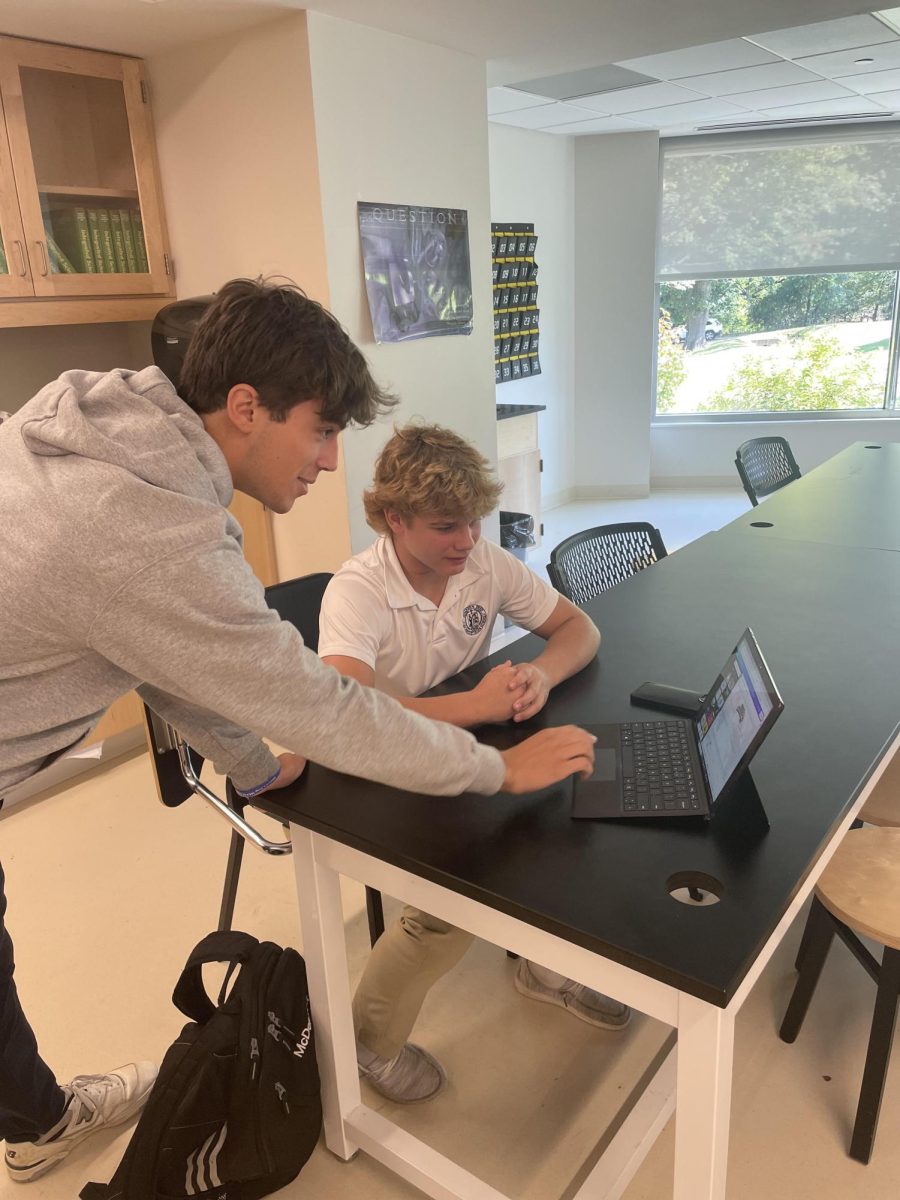The place is Iraq. After withdrawing in 2010, President Barack Obama triumphed in what was considered one of the greater aspects of his legacy.
Now, however, the country is in ruins after a sectarian government led to sectarian violence, and a terror group spilling over from Syria has now taken a large portion of land in Iraq, including Mosul, Iraq’s second largest city.
This terror group, known as ISIS, ISIL, Daesh and other names, is known for its extreme acts of terror against Christians and Kurds, most recently executing 21 Egyptian Coptic Christians in Libya in a video released on 15 February.
The rapid expansion and cruelty of this group has caused President Obama to go to Congress to authorize military force against the group, despite the fact that the United States has been launching air strikes against the group since the summer.
Congress, which is now controlled by the Republicans, have been posturing against the President’s plan, saying it has not gone far enough to combat the terror group.
“I don’t think our response is strong enough,” said Mrs. Harriet Lappas, AP US Government teacher, “When you look at how much more our European allies have done [to fight ISIS] compared to us, you have to wonder what are we doing?”
“Obviously ISIS is something that needs to be stamped out.” Mr. Andrew Burke, Global Perspectives and US History teacher, said, “And coalition air strikes have been effective in stopping their spread, and halting them on the ground.”
“It will certainly not be enough to defeat them.” Burke continued, “The question then becomes, do we send in ground troops to defeat them, or rely on a partner to do it for us?”
In the eyes of President Obama, this partner might be various Kurdish militias in Northern Iraq who have claimed victory after victory against the terror group. However, the Kurds ask for their own independent nation, which they have been asking for decades.
“I think Iraq’s a mess,” Burke said, “And in an ideal world, they (the Kurds and other Iraqis) would work together in some sort of a federal system. But I don’t know if that’s realistic, and I don’t think the Kurds would accept anything less than independence.”
The Kurds, who have been attacked by ISIS in Iraq, have rallied behind the Kurdish militias of the Peshmerga and PKK to take the fight to ISIS, recently liberating the Mosul Dam and the town of Kobani.
Students in Mr. Burke’s classes are “…appalled by these atrocities, and want to do more to combat ISIS,” according to Burke. However, they are reluctant to see US ground troops go into Iraq to directly fight the group.
This recent wave of Middle Eastern unrest has not been contained to the Arab World, however. In January, the French satirical magazine Charlie Hebdo was attacked by terrorists because of their publications mocking the Prophet Muhammad, killing 10 and wounding 11.
This attack launched a discussion on free speech in regards to religion, leading Pope Francis to say that one cannot insult his mother without expecting a punch to the face.
The Pope later clarified his comments. “In theory we can say a violent reaction to an offense or provocation isn’t a good thing … In theory we can say that we have the freedom to express ourselves. But we are human. And there is prudence, which is a virtue of human coexistence.”
“I love the way he [the Pope] is so candid,” Mr. DiDomenico, Moral Theology teacher, said, “All he’s saying is ‘Should I expect a reaction from you?’ He’s not justifying the reaction, he’s just saying expect a reaction.”
“I totally agree with him.” DiDomenico said, “Just because we have free speech, we shouldn’t abuse it. The Pope’s not saying to take it away, just not to abuse it.”
Mrs. Lappas, while respecting the Pope’s opinion, has differing thoughts. “I think that free speech is free speech, and going back to Supreme Court cases in the ‘20s and ‘30s, free speech isn’t always hearing what you want to hear.”
This war with ISIS is rapidly evolving, with the attacks against Charlie Hebdo showing this conflict can hit close to home. “The President doesn’t have many good options here,” Burke said, “But, you also can’t kill an idea with a gun. You also have to ask why is this ideology so attractive to people.”





